The Department of Nuclear Physics (DFN) is a multidisciplinary research unit in the field of nuclear and atomic physics. The Department's mission lies in the areas of basic and applied research , particularly in the fields which are relevant for sustainable development and the national endeavour for integration in the European Union. The research projects underway in DFN are also of a major importance for training and education. [ Details... ]
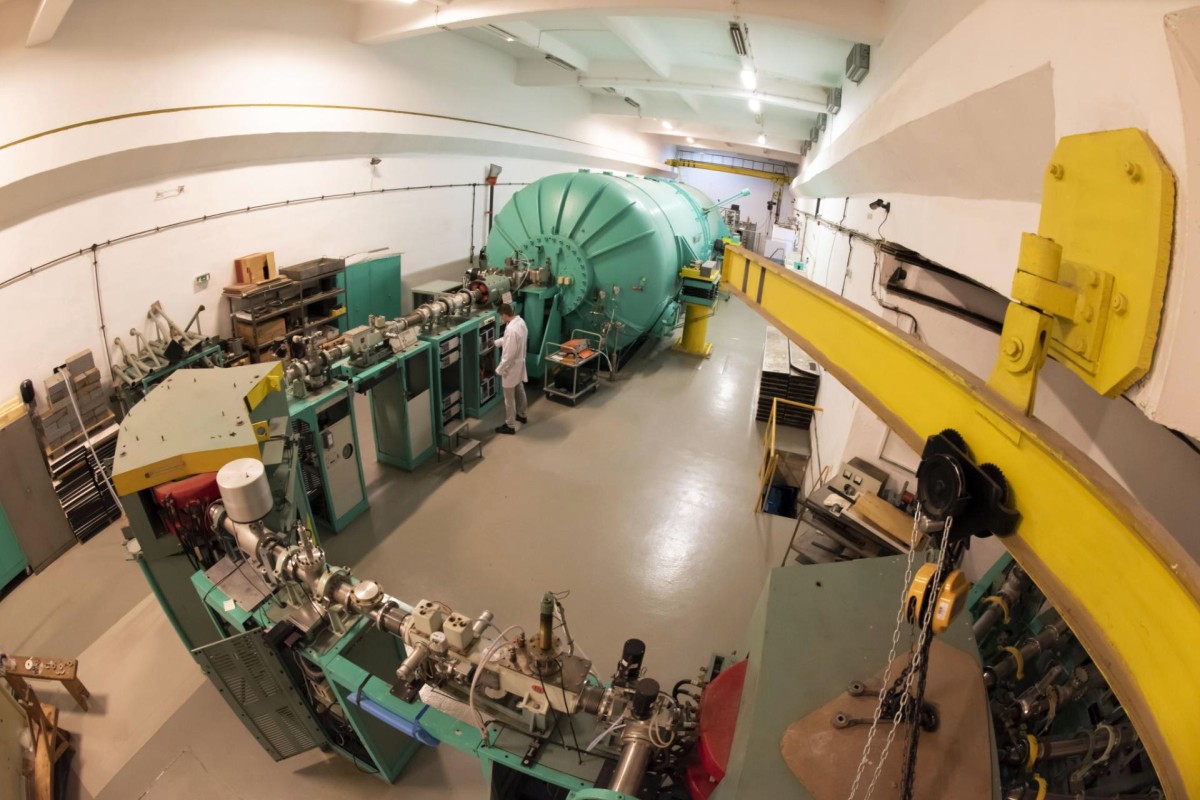
The Department of Theoretical Physics (DFT) - The research activity is carried out in the following fields: Condensed Matter Physics, Exotic Nuclei and Astrophysics, Fields and Particles, Mathematical Physics, Nanophysics and Emerging Materials, Nuclear Structure and Reactions, Nonlinear Optics, Open Systems and Physics of Quantum Information. [ Details... ]
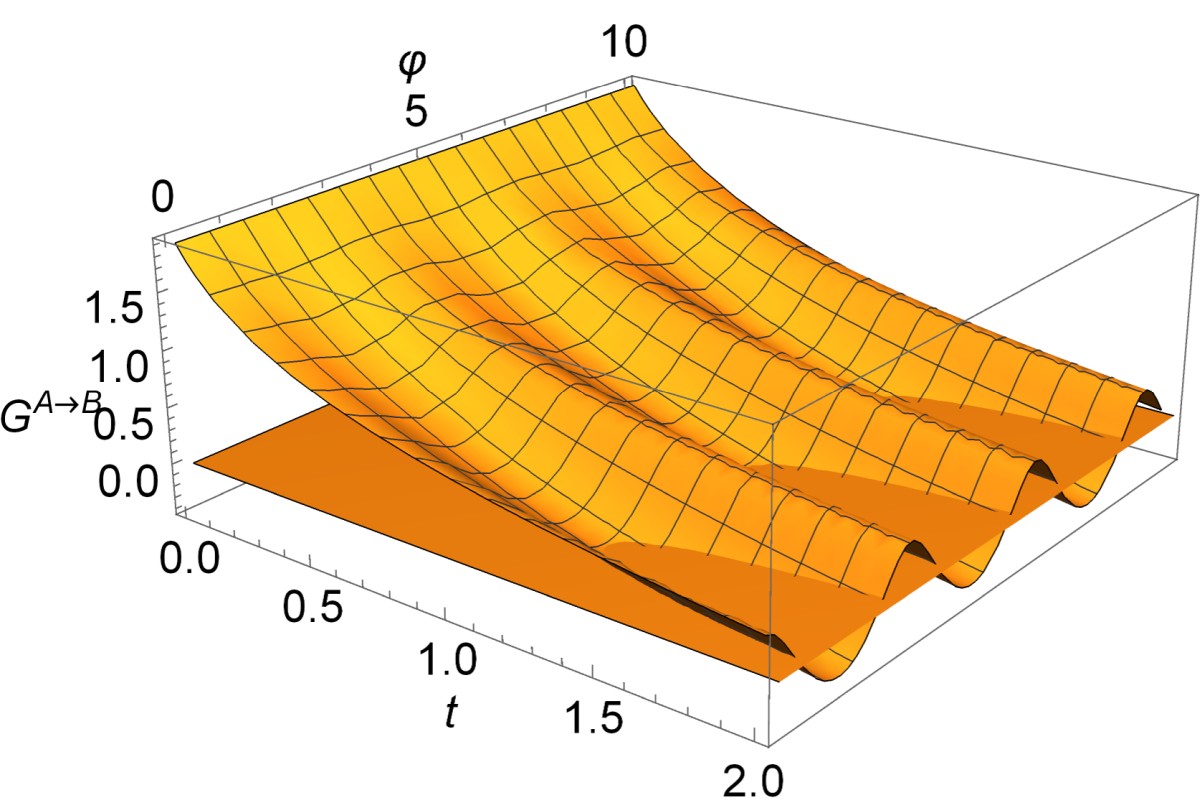
Applied Nuclear Physics Department (DFNA) focuses on designing and exploiting experimental facilities for interdisciplinary applications. The main fields of activities are: accelerator mass spectrometry, archaeometry studies (XRF PIXE, X Ray tomography), materials studies (AFM, NAA, positron spectroscopy RBS), nuclear applications in medicine (PET, boron therapy), advanced detection systems custom design. [ Details... ]
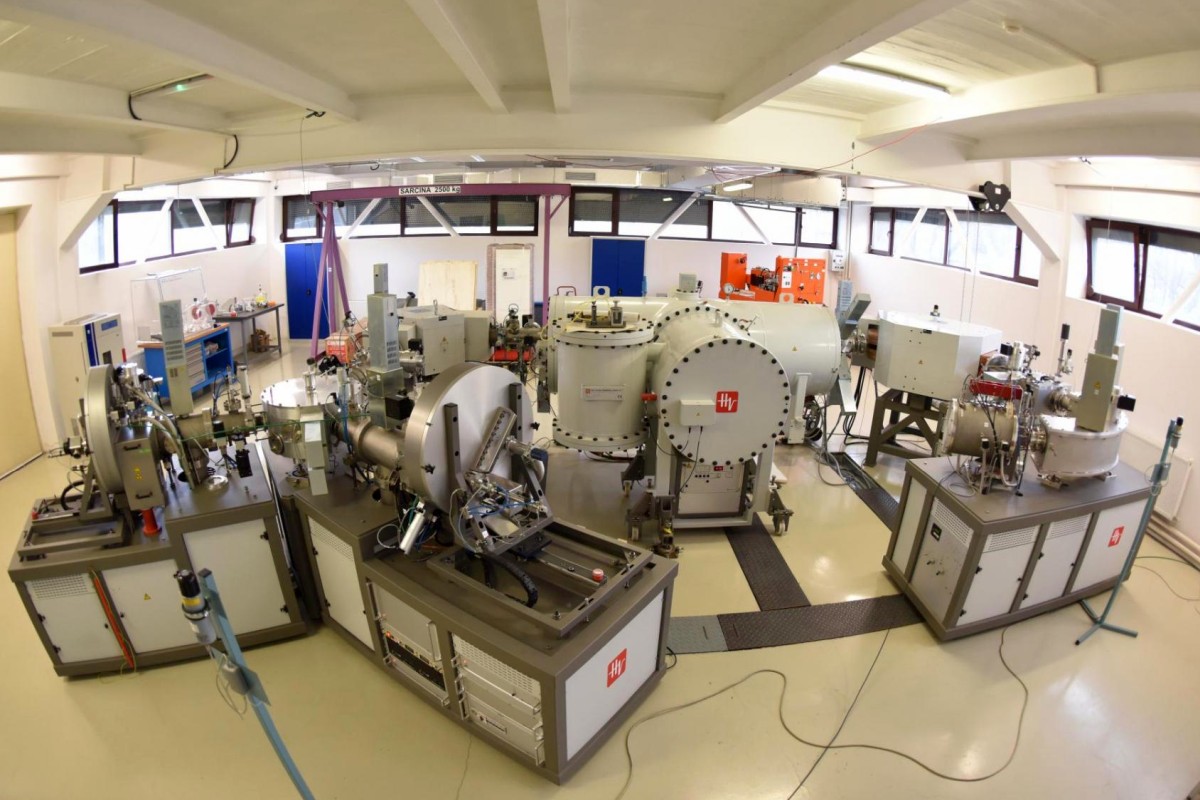
Hadronic Physics Department (DFH) although recently founded, is based on the existing structure of the NIHAM Centre of Excellence, group with a rich experience in: nuclear interactions, hadronic matter, nuclear structure and dynamics. Over the years the members of our group have been involved in several international collaborations. Detector R&D, front-end electronics development, simulations, detector construction, calibration, data analysis and their interpretation and development of microscopical models are the fields in which HPD is constantly playing an important role. [ Details... ]
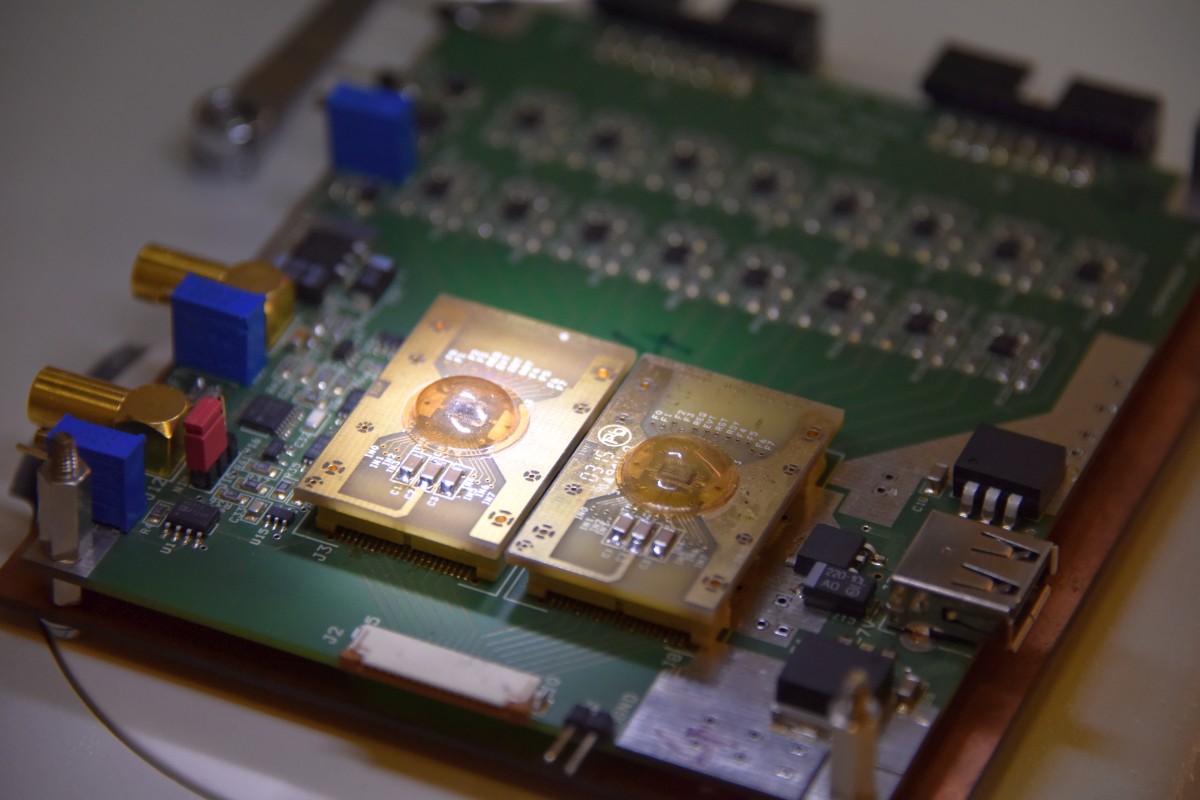
The Department of Elementary Particles Physics (DFPE) - is currently investigating hot topics like the Standard Model and its extensions, generalized field theories, quark-gluon plasma and charm particles, neutrinos, and classical and quantum gravity. [ Details... ]
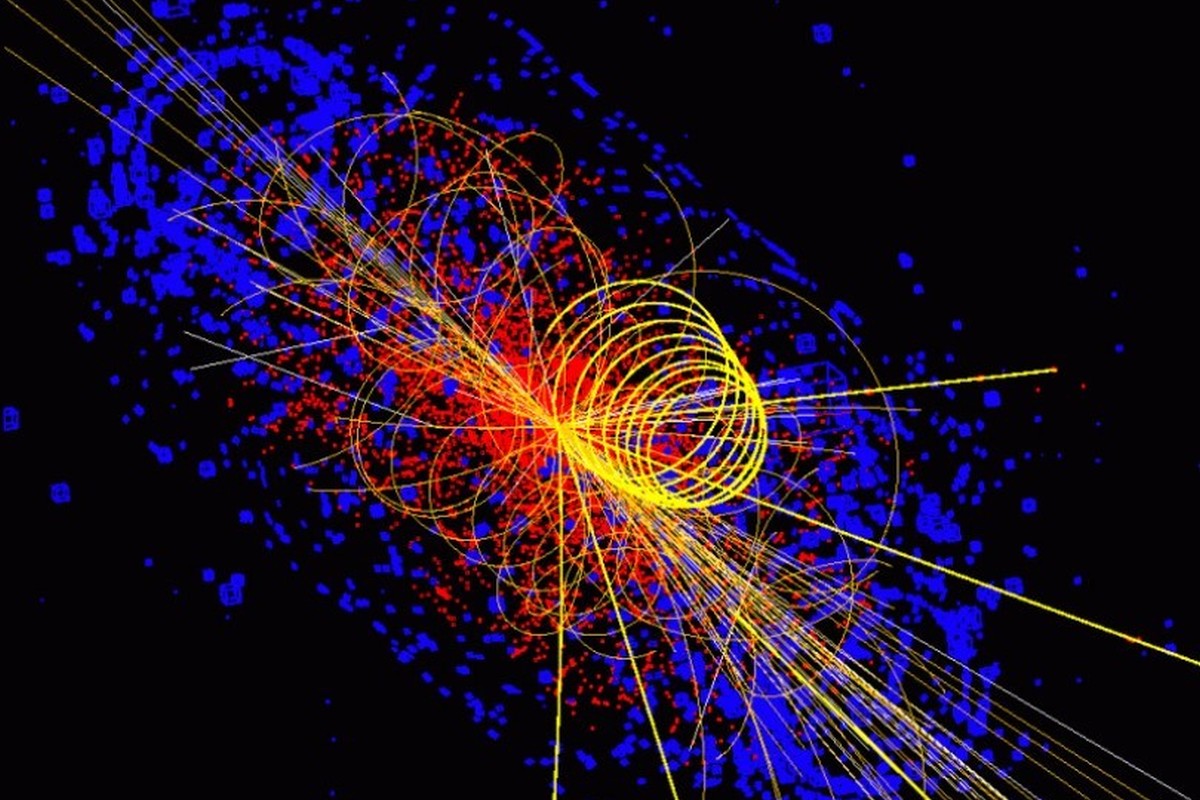
The Department of Computational Physics and Information Technology (DFCTI) plays a key role in the research plan of IFIN-HH. Its staff conducts inter- and multidisciplinary research in areas such as strongly correlated systems, nuclear and subnuclear phenomena, condensed matter and biomolecular systems, using methods of computational physics and advanced computing resources. DFCTI also provides resources and services of high-performance computing as well as grid computing for the support of large-scale international collaborations, like the Worldwide LHC Computing Grid. [ Details... ]
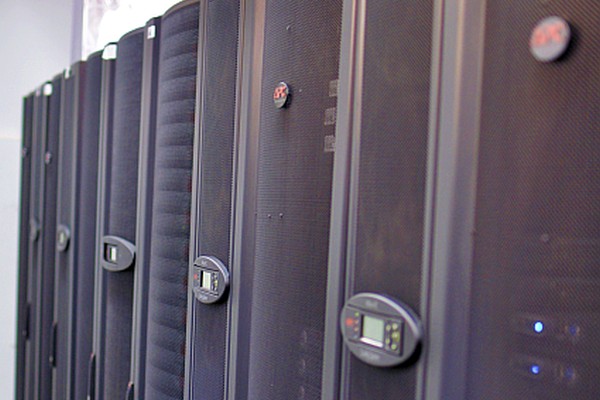
Department of Life and Environmental Sciences (DFVM) seeks to secure, maintain and develop appropriate tools enabling it to perform comprehensive radiological assessments relating to nuclear facility siting, operations, and decommissioning, the management of radioactive sources and radiation devices, the occupational and public exposure, and the nuclear emergency planning, preparedness and response, the developing of biological studies and analysis for the evaluation of biological response associated with ionizing radiation and other physical or chemical stress factors. [ Details... ]
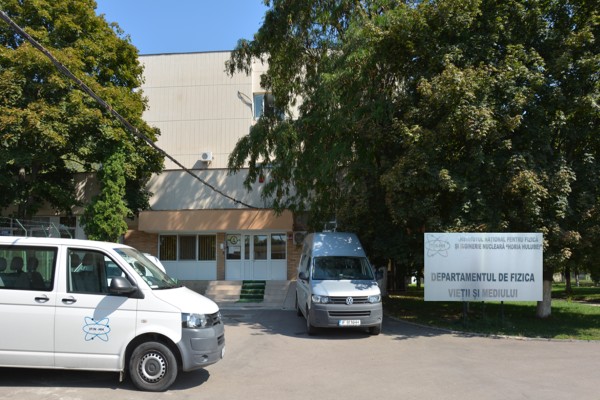
Radioisotopes and Radiation Metrology Department (DRMR) is unique in our country by its activity profile and also by its complexity. The basic activity of DRMR in research, technology transfer and technical services are in the areas of radioactive products and their use in medicine, industry, agriculture, biology, and others. [ Details... ]
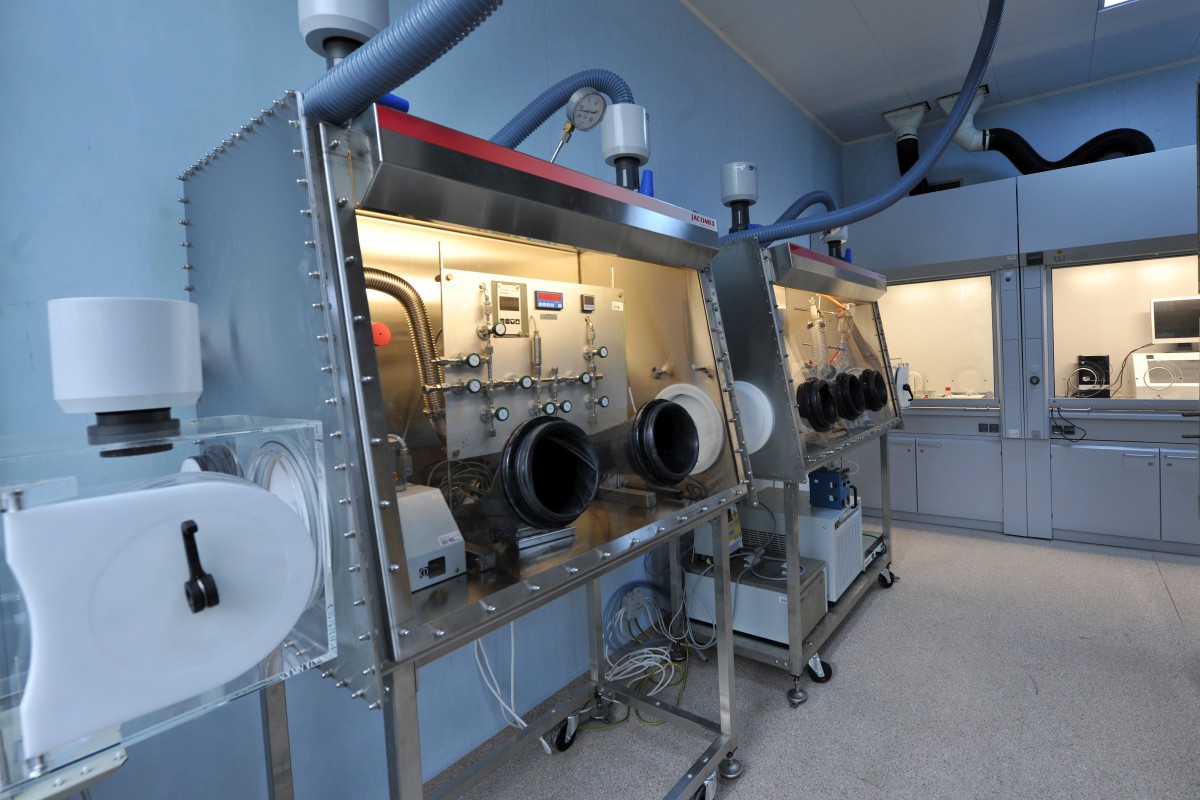
Multipurpose Irradiation Facility Center (IRASM) is a production and R&D center offering industrial irradiation services, consultation, analyses, training and research in radiation processing. The main target is radiation treatment for sterilization of medical devices and microbial control for foodstuffs. The facility and the project may be considered as a strategic investment for healthcare and upgrading the live quality in Romania. [ Details... ]
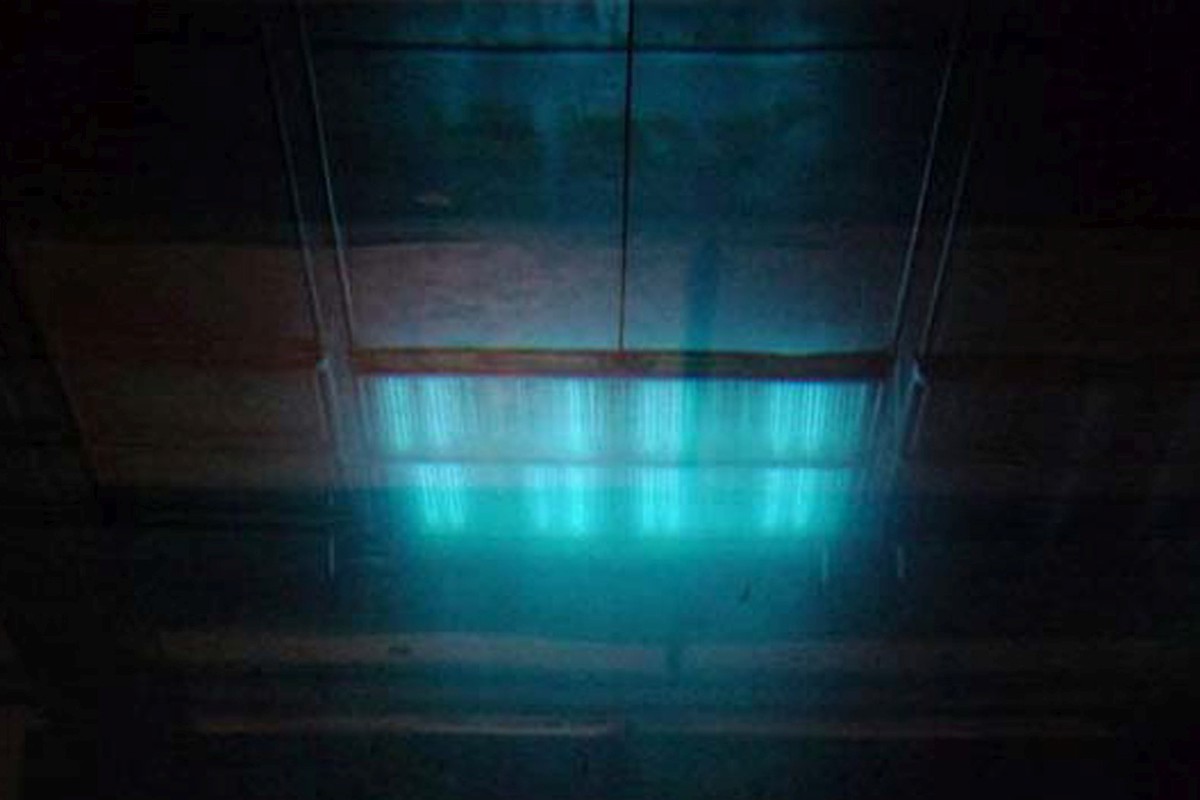
Radioactive Waste Management Department (DMDR) mission is managing institutional radioactive waste at the national level, from applications of nuclear techniques and technologies in areas like education, medicine, agriculture, industry (outside the nuclear fuel cycle), in terms of personnel, population and environment radiological safety. [ Details... ]
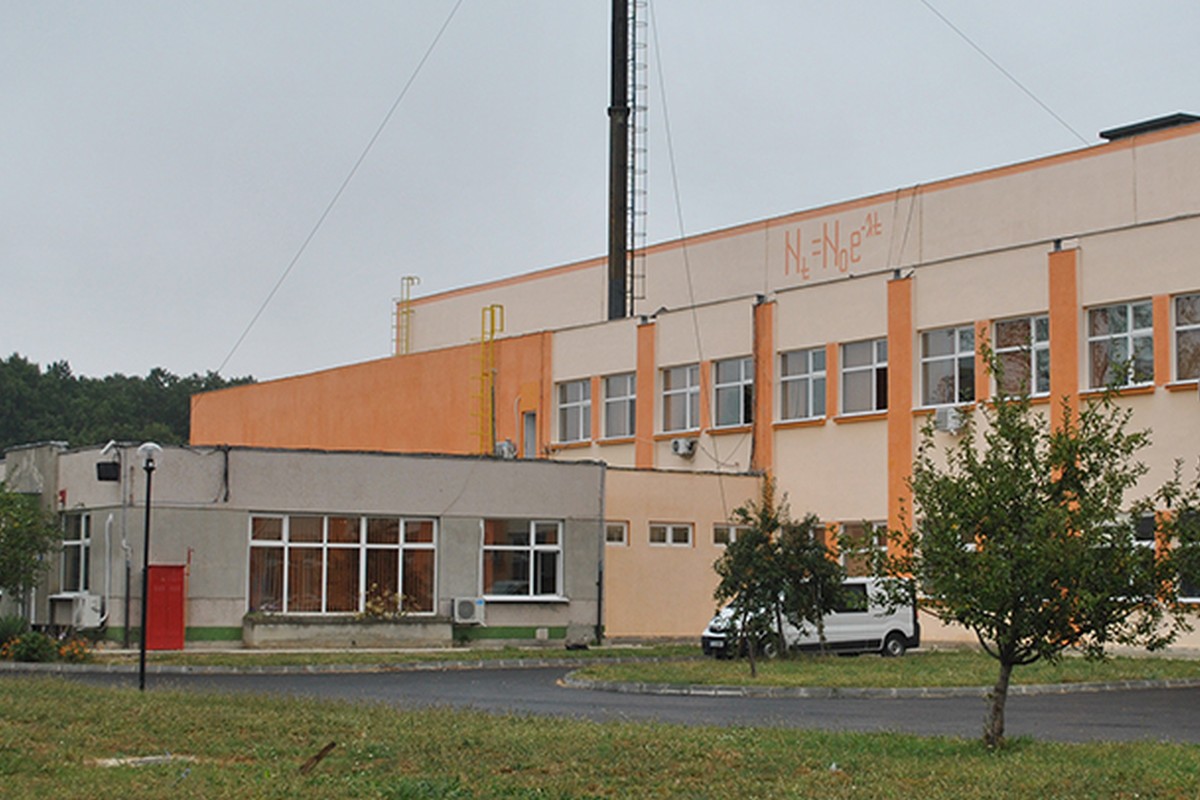
The Extreme Light Infrastructure Nuclear Physics (ELI-NP) project is one of the most prestigious research infrastructures in the world due to its unique state-of-the-art equipment. Implemented by the National Institute of Physics and Nuclear Engineering Horia Hulubei, ELI-NP has been designated by the Nuclear Physics Collaboration Committee of the European Science Foundation (NuPECC) as a major facility in the Nuclear Physics Long Range Plan. [ Details... ]
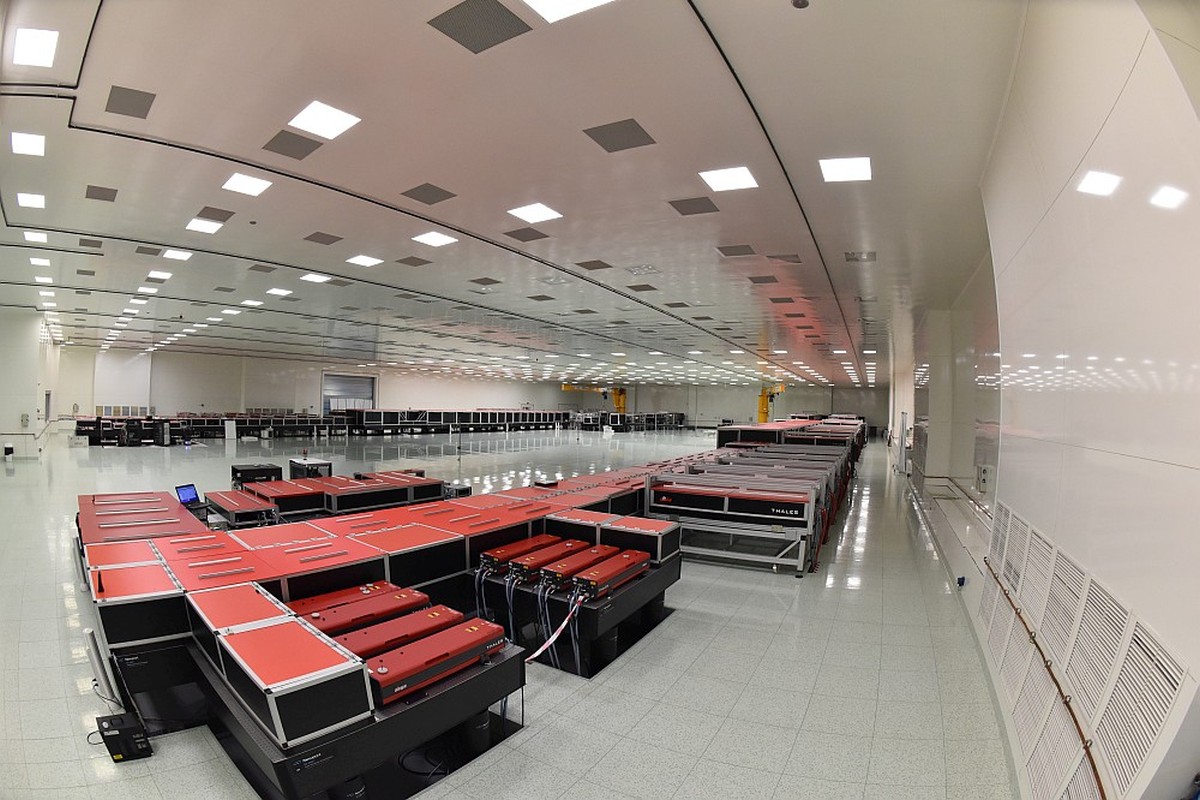
© Copyright 2021. All Rights Reserved. Horia Hulubei National Institute for R&D in Physics and Nuclear Engineering (IFIN-HH)
